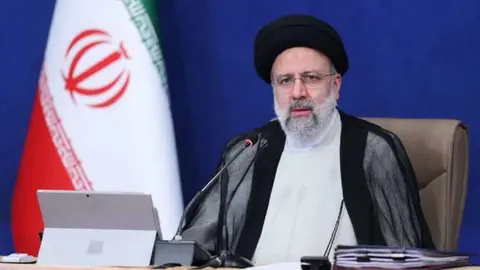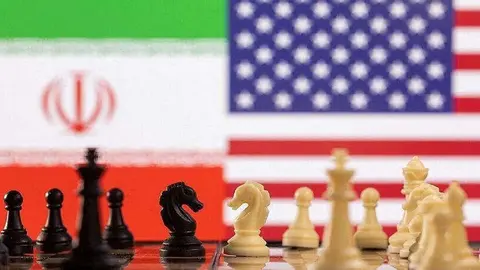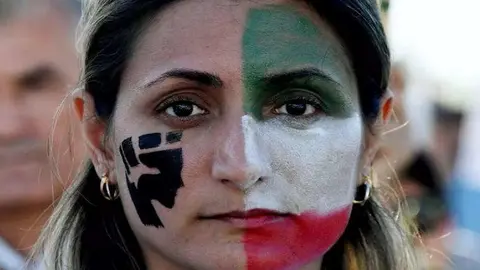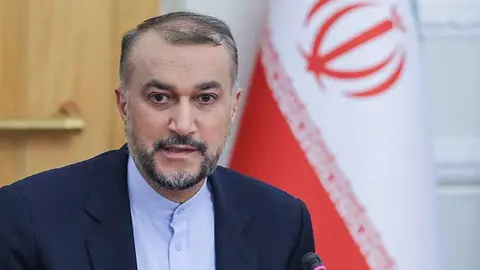Moves towards normalisation of Saudi-Iranian relations continue

Saudi Arabia and the Islamic Republic of Iran continue to move towards the normalisation of relations. The two countries, which have been at loggerheads in the Middle East region for decades, are closer to a situation of stable and close diplomatic relations.
After the important mediation carried out last March by China, which in recent times has been carrying out diplomatic and political actions aimed at expanding its influence in various latitudes such as Africa and the Middle East, an important rapprochement has taken place between Iran and Saudi Arabia, whose relations had been broken since 2016 after the attacks suffered by Saudi diplomatic offices in Persian territory following the trial carried out in the Saudi kingdom against an important Shiite cleric.
Now, in another important step in this process, Iranian Foreign Minister Hosein Amir Abdolahian is making a one-day official visit to the Saudi kingdom as part of the process of normalising relations between Tehran and Riyadh. "Abdolahian will travel to Saudi Arabia in a few hours," Iran's state-run IRNA news agency reported. "Hosein Amir Abdolahian left Tehran for Riyadh at the invitation of Faisal bin Farhan, Saudi Arabia's Foreign Minister," Iran's Foreign Ministry also said more recently on social media. This comes after Saudi Foreign Minister Faisal bin Farhan paid an official visit to the Persian country in June.

Faisal bin Farhan himself will receive Hosein Amir Abdolahian, who will meet with senior Saudi officials, according to the IRNA news agency. The Iranian foreign minister will be accompanied by the new Iranian ambassador to the Arab country, Alireza Enayati, who has not yet taken up his post in the Persian nation's diplomatic legation. Enayati had been Iran's ambassador to Kuwait and had been part of the Iranian Foreign Ministry as director general of Gulf Affairs.
On Monday 5 June, Iranian Foreign Ministry spokesman Nasser Kanaani announced the reopening of the embassy in Riyadh, the Consulate General in Jeddah and the Permanent Mission to the Organisation of Islamic Cooperation (OIC) after seven years of closure.
For its part, the Saudi kingdom reopened its embassy in August and also this week reopened its consulate in the holy city of Mashad.
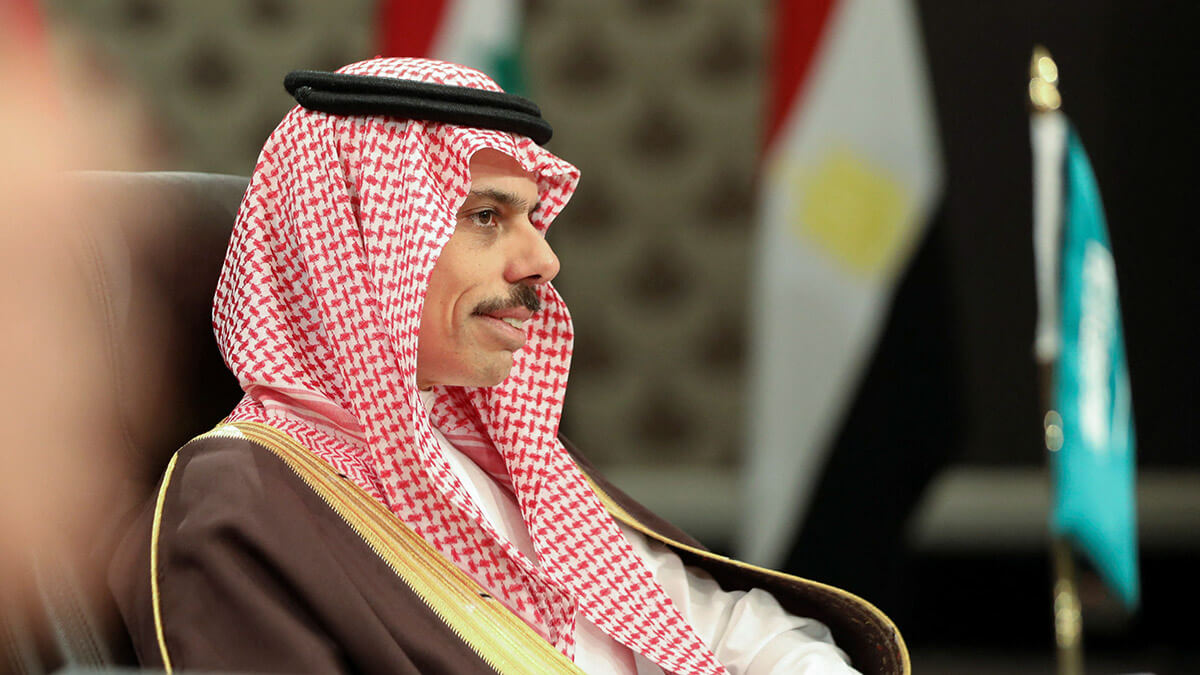
The normalisation of relations between the two countries is key for the Middle East region due to the bitter confrontation between the two nations, each representing opposing branches of Islam. The Saudi kingdom is the standard-bearer of the Sunni variant of Islam and the Islamic Republic is the main symbol of the Shia sphere.
The latest political rapprochement between Saudi Arabia and Iran led to Syria's return to the Arab League after 12 years of expulsion, given that the regime of Bashar al-Assad had been internationally condemned for its harsh repression of the opposition in the Syrian civil war and is one of the Islamic Republic's staunchest allies. Moreover, the Saudi-Iranian rapprochement was a boost to the improvement of peace negotiations in Yemen, a country that is also suffering from a civil war that pits the legitimate Yemeni government, which has received support over the years from the Arab coalition led by the Saudi kingdom, against the Houthi rebels, who seek to undermine the established order and are supported by Iran as a Shiite sympathetic group.

